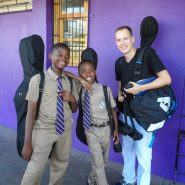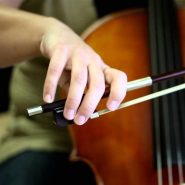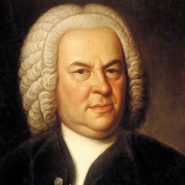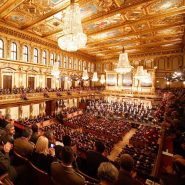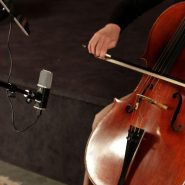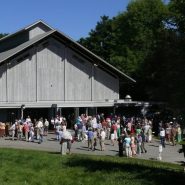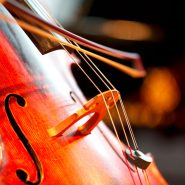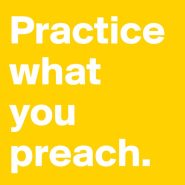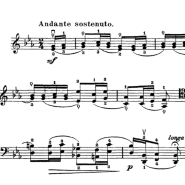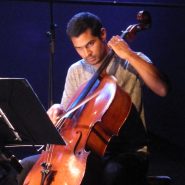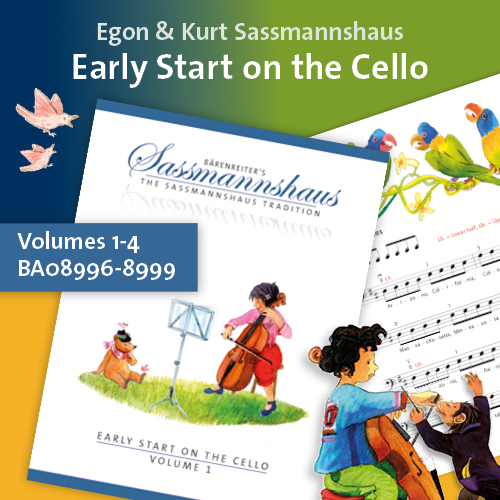Tag: challenges
By Avery Waite October 22, 2013
Subjects Artistic Vision
Tags activities, after-school music, Avery, balance, beauty, cello, challenges, Community, contradictions, culture, El Sistema, energy, Enharmonically Equivalent, exploration, fruit, gangs, healing, Jamaica, Kingston, music, neighborhoods, passion, safety, students, Teaching, Travel, violence, Waite
By Selma Gokcen February 25, 2013
Subjects Playing Healthy
Tags Alexander Technique, arms, beauty, bend and extend, body at ease, bow strokes, Casals, cello, cello playing muscles, cellobello, challenges, collapse, contraction, dynamics, energy, fingers, flexible, function, Gokcen, Habits, importance of quietness, increased resistance, inner pitch, misguided effort and unease, nasal sound, neck, partnership, perspective, powerful accents, powerful arms, pressured sound, principle of opposition, process, pull and push, repeated sensory stimulation, Selma, sensitive gesture, sensory awareness, simple gesture, Six Part Series, teaching table, thinking in new ways, unwanted sound, volume, wrist
By Martha Baldwin January 27, 2013
Subjects Orchestra
Tags Baldwin, cello, cellobello, challenges, chamber music, choices, Cleveland Institute of Music, Cleveland Orchestra, colleagues, concert halls, concerts, direction, establish a career, family time, focus, happiness, inspiration, lifestyle, Martha, mom-friendly schedule, money, musical talents, orchestra, orchestral jobs, personal ideas, predictability, rehearsals, routine, short attention span, social outlets, soloist, stability, status, Teaching, Touring, Travel, variety, working full time
By Robert Battey January 16, 2013
Subjects Repertoire
Tags accuracy, ambiguity, Anna Magdalena, Anner Bylsma, artistic, autograph, Bach, Bach Cello Suites, Bach Suites, Bach's original intentions, Bach’s precise intentions, Barenreiter, Battey, careless, cello, cellobello, challenges, colors, complexities, conclusions, curiosity, dilemma, Editions, editors, enjoyment, experimentation, flawed, genius, historical, inconsistent copies, instrument control, Instruments, interpretive creativity, interpretive ideas, Janos Starker, judgment, liberation, lute, lute arrangement, meaningful interpretations, monochromatic, normal teaching model, Pablo Casals, painting, parameters, paris, personal research, personality, phrasing, Pierre Fournier, printing, publications, rainbows, recordings, repertoire, response, Rhythm, robert, sloppy, slurs, study, Teaching, text booklet, textual, The Fencing Master, transcribing, uncertainties, virtuosity
By Avery Waite November 24, 2012
Subjects Artistic Vision
Tags Afghanistan, Avery, challenges, culture, discipline, Experience, imagination, Kabul, language, motivation, music, radio, students, talent, Teaching, Waite
By Aron Zelkowicz November 9, 2012
Tags acoustics, Aron, audience, cello, cellobello, challenges, Dvorak, endpin, gestures, illness, live performances, musicians, orchestras, perspective, stage, struggle, themes, tour, Zelkowicz
By Selma Gokcen October 2, 2012
Subjects Playing Healthy, Practicing
By Yeesun Kim October 7, 2011
Subjects Chamber Music, Repertoire
Tags ability, articulations, cello, cellobello, challenges, character, composers, confidence, creativity, dynamics, familiar, Kim, music, rehearsals, Rhythm, soundscapes, structure, unique, virtuosity, Yeesun
By Aron Zelkowicz September 23, 2011
Subjects Repertoire
By Bonnie Hampton September 20, 2011
Subjects Chamber Music
By Brandon Vamos May 5, 2011
Subjects Practicing
Tags arpeggios, Brandon, career, cello, cellobello, challenges, Experience, focus, Growth, improvement, motivation, Performing, Practice, practicing, recording, scales, scheduling, school, student, success, Summer
By Alisa Weilerstein April 22, 2011
Subjects Artistic Vision, Travel
By Natasha Brofsky April 11, 2011
Subjects Artistic Vision
By Lev Mamuya December 14, 2010
Subjects Practicing, Pre-College
Tags Awareness, challenges, consistency, control, focus, intonation, Lev, Mamuya, Martha, motivation, practice habits, practicing, repertoire, scales, success, Technique, thumb position
By Jeffrey Zeigler December 1, 2010
Subjects Technology
